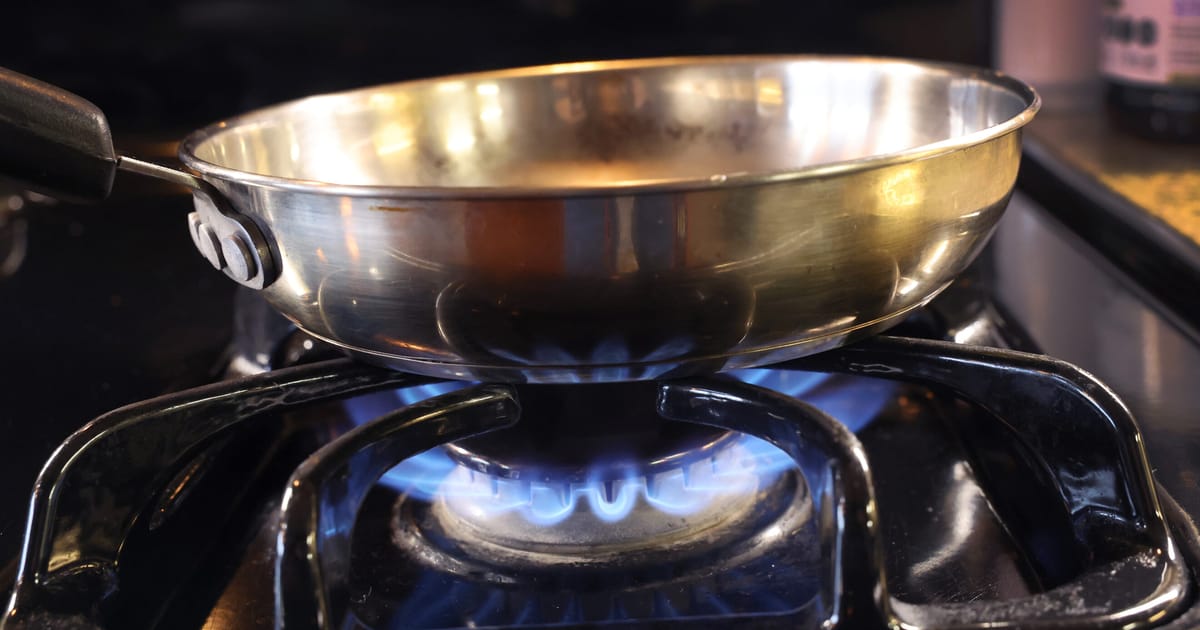The French National Assembly on Thursday unanimously adopted a bill aimed at restricting the manufacture and sale of products containing per- and polyfluoroalkyl substances — also known as PFAS or “forever chemicals.” The MPs, backed by the government, voted to exclude kitchen utensils from the scope of the text.
Thanks to an intense lobbying push, manufacturers of frying pans and saucepans — including the SEB group, which owns Tefal — are exempt from this ban under the proposed law penned by French Green MPs.
Majority groups initially tried to delay the ban on kitchen utensils until 2030 — a timetable refused by the French Green MPs who instead suggested an exemption until 2026.



Microbes dont just make you sick by infections. They produce plenty of nasty toxins,most famously botulism, that make you ill, and only incineration is hot enough to make them safe. There is no extra effort to wash your plates and dishes with a little soap, and plenty of downsides not to.
Most famously clostridium botulinum is an anaerobic bacterium: It can’t live in the presence of oxygen (though the spores are ludicrously hardy, yes). You should be more worried about your bottles of oil than your plates. Especially if you put chilli or basil or garlic or such in that oil, that’s when you actually need to worry: Anerobic environment, food for the bacterium, also, source for the bacterium (if you’re unlucky). That’s why one shouldn’t keep pesto Genoese around for too long, eat it before c. botulinum had time to produce non-negligible amounts of toxin, whether it happens to be in your pesto or not.
Don’t pretend like you know what you’re talking about that’s some true-crime level of bug paranoia you have there.